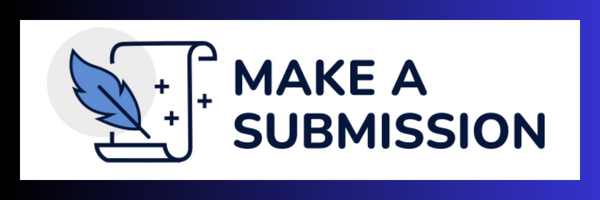Exploring Major Themes in Khushwant Singh’s Train to Pakistan
Keywords:
Partition, Religion, Massacre, communal riots.Abstract
Aim: This paper aims to explore the major themes in Khushwant Singh ‘s one of the most popular novel Train to Pakistan. His novel Train to Pakistan, is based on his experience during 1947 or you can say that during partition of India and Pakistan as a separate nation. This novel is a reflection of partition, it showcases how people of various communities, religion who used to love each other and live happily with each other, celebrate each other’s festival, stand in each other’s difficulties are converted in enemies overnight. People were ready to kill each other. The partition brought suffering violence, people left their houses, several train-massacre happened during the time of partition.
Methodology and Approaches: Methodology used in this project are close reading of the text historical analysis comparative analysis postcolonial analysis. It provides an overview of the themes and issues explored in the novel. This includes discussing the impact of the Partition of India, the communal violence that occurred, and the loss of innocence experienced by the characters in the novel.
Outcome: This paper offers an understanding about the pre-Independence and post-Independence situations through Khushwant Singh’s experience. It will also discuss the themes of the book and situations after the Independence.
Conclusion and Suggestions: This project involves overview of the main ideas covered in Khushwant Singh's "Train to Pakistan." This involves going over the effects of the Partition of India, the ensuing communal bloodshed, and the characters in the novel's characters' loss of innocence. In addition, a brief and clear description of the story's characters and plot while stressing its major themes and topics. It includes analysis of the book, a close reading of the text, an examination of the historical setting, and a survey of scholarly literature.
Downloads
Published
How to Cite
Issue
Section
Copyright (c) 2023 Niharika Mishra

This work is licensed under a Creative Commons Attribution 4.0 International License.













